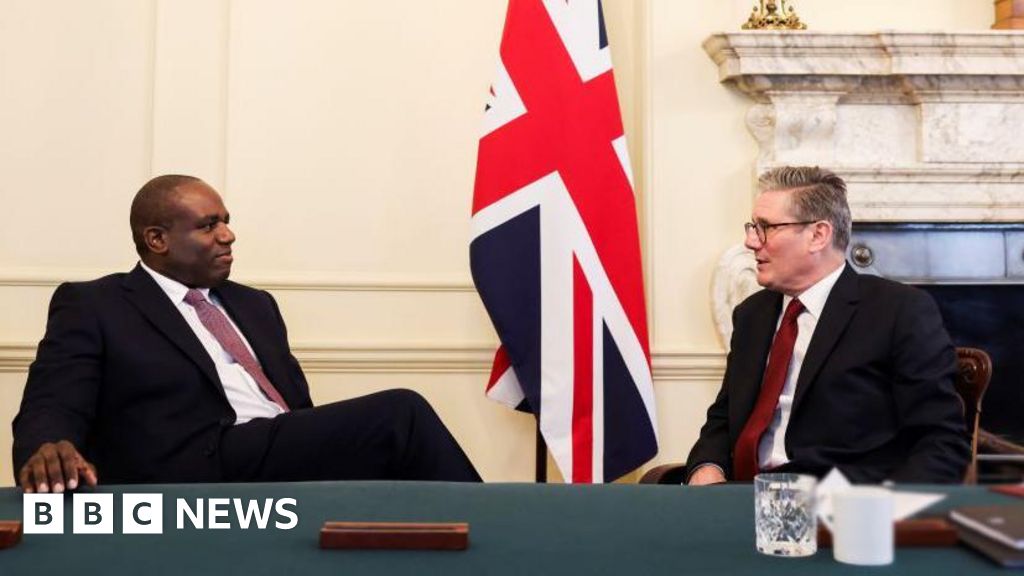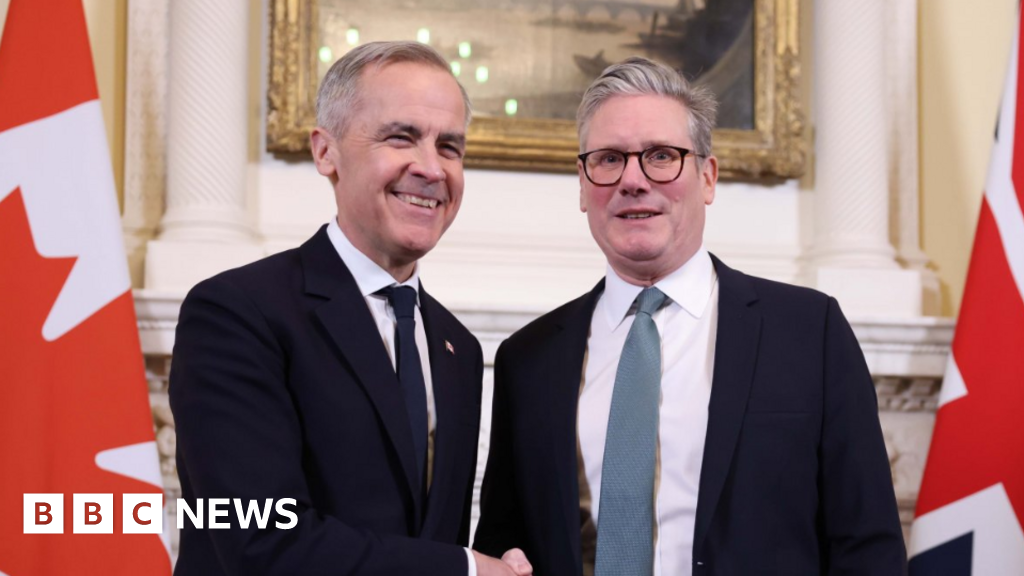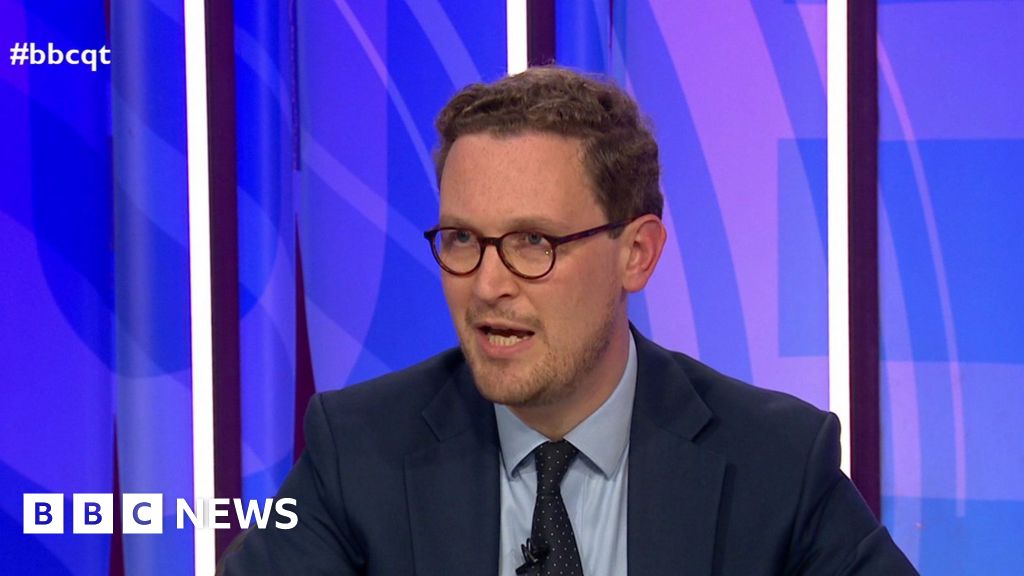ARTICLE AD BOX
The NHS owes it to taxpayers to improve productivity in return for the extra money it is getting, the health secretary says.
Wes Streeting said he would be asking “hard questions” of the NHS in England to ensure the extra £25 billion over two years, announced in the budget, is spent wisely.
The increase is likely to amount to a 4% rise for the NHS once inflation is taken into account.
It comes as many other areas of government spending face squeezes.
Speaking to the BBC’s World at One programme, Streeting said the extra money was being tied to reform – the chancellor is asking for a 2% increase in efficiency across all government departments.
Streeting said: “We’ve got to make sure that the investment the chancellor has committed to the NHS is linked to reform.
“We owe it to patients to deliver great care and crucially to taxpayers to deliver value for money.
“So we have got to improve productivity – and ask some hard questions about where money already goes in the system.”
He said the increase in the capital budget, which goes on buildings and equipment, would be “crucial” in improving productivity. A total of £3bn of the extra money has been set aside for this with Streeting particularly keen to see investment in digital technologies.
However, doubts have been raised about just how far the new money will go.
Saffron Cordery, of NHS Providers, which represents NHS managers, said the extra money was “incredibly welcome”.
But she added the rising costs of new drugs and the need to cover pay increases, which include the 22% rise for junior doctors over two years, would take a chunk.
“Things are really being taken away as they are being put in. The envelope that is left for genuine reform and transformation is smaller than that £25 billion looks.”
However, Streeting did confirm the NHS would be refunded the cost of the extra employer national insurance (NI) contributions – the amount they pay is increasing by 1.2% from April.
But he would not commit to doing the same for non-NHS organisations that provide care – this could include GPs and social care providers.
He said: “I am working through that now – and I’ll have more to say in the coming weeks.”
Mike Padgham, chair of the Independent Care Group, which represents social care providers, said the sector had been “left out in the cold”.
He predicted prices charged by providers would have to increase to afford the NI rise, which councils would struggle to pay and therefore elderly people and young adults with disabilities could end up losing out.

 7 months ago
26
7 months ago
26








 English (US) ·
English (US) ·